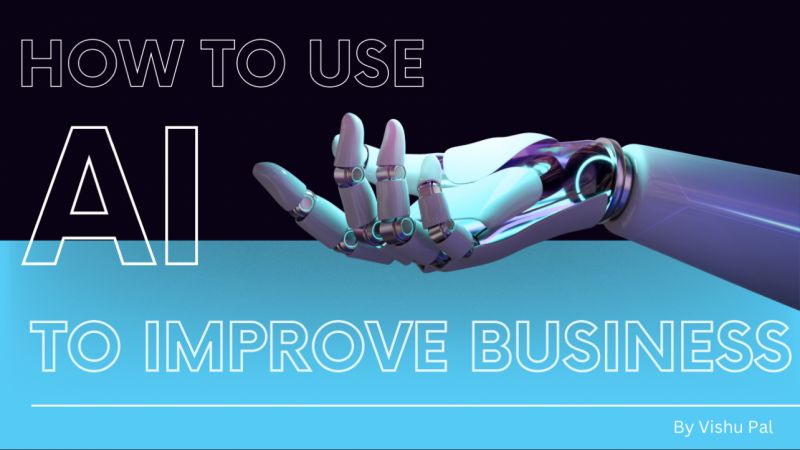Artificial Intelligence stands at the frontier of innovation, promising groundbreaking advancements across industries. Yet, as AI evolves, so do the ethical considerations that accompany its progress. The ethical implications of AI have become a central point of discussion, prompting us to reflect not only on what AI can do but also on what it should do.
Evolution of Ethical Concerns in AI
The journey of AI ethics traces back to Isaac Asimov’s Three Laws of Robotics, which laid the foundation for contemplating the ethical dimensions of AI. Today, the discourse has expanded to encompass a myriad of concerns, including algorithmic bias, data privacy, and the socio-economic impact of automation.
The Role of Ethical Frameworks
Ethical frameworks serve as guiding principles in navigating the development and deployment of AI. These frameworks provide a moral compass, steering us towards creating AI systems that align with societal values. They call for a delicate balance between technological innovation and ethical responsibility.
Values Driving Ethical AI
Compassion, fairness, and unity emerge as fundamental values guiding the ethical development of AI systems. Embracing inclusivity and empathy in algorithmic decision-making becomes imperative to foster ethical AI solutions that benefit all members of society.
Striking the Balance
The pivotal question emerges: how do we harmonize technological innovation with ethical responsibility? It necessitates a thoughtful approach where advancements in AI align with the values and moral principles ingrained in our societal fabric.
Google’s Gemini AI Redefines the Boundaries of Intelligence
Ethical Implementation in Practice
Implementing ethical AI calls for collaborative efforts among diverse stakeholders. Embracing a collective responsibility to ensure that AI systems respect the dignity and rights of individuals is paramount. This collaborative approach fosters an ethical foundation for AI in a global context.
As we chart the course for AI’s future, the emphasis on ethical considerations becomes increasingly vital. Crafting AI systems imbued with moral values not only aligns with diverse philosophical perspectives but also resonates with the essence of various belief systems, subtly weaving in universal values that echo across cultural and religious boundaries.


